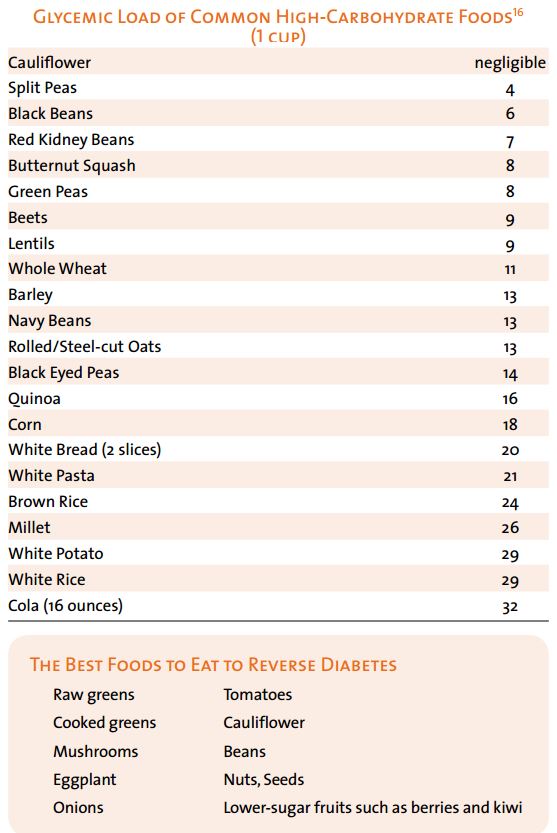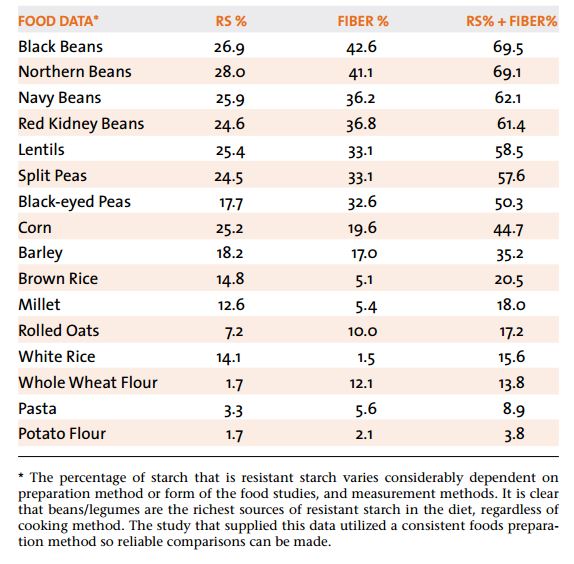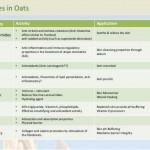Diet and Diabetes: Recipes For Success
Diabetes diets typically call for portion control, carbohydrate limits and, for those who are overweight, calorie restrictions. Fortunately, there is another way. Low-fat, plant-based diets are ideal for diabetes and the conditions associated with it, such as heart disease, weight gain, high cholesterol, and high blood pressure. And, they offer the nice advantage of not requiring any weighing or measuring of portions. Going hungry is not necessary!
The old approach had us cutting down on carbohydrates. It’s true that overly processed carbohydrates—those made with sugar or white flour, for example—are poor choices. However, delicious unprocessed or minimally-processed foods, such as potatoes, rice, oats, beans, pasta, fruit, and vegetables, were the main part of the diet in countries where people were traditionally fit and trim and where diabetes was rare. Unfortunately, highly processed carbohydrates and affordable meat and cheese dishes have moved in, and now we have a worldwide type 2 diabetes epidemic.
A low-fat vegetarian approach recognizes that whole-food carbohydrates are fine; it’s the fat in our diets that is the problem. New information suggests that fat in animal products and oils interferes with insulin’s ability to move glucose into the cells. Eating less fat reduces body fat. Less body fat allows insulin to do its job. However, choosing skinless chicken, skim milk and baked fish is not enough of a change for most people to beat diabetes.
http://hypnosishealthinfo.com/100-million-diabetic-dilemma-neal-barnard/
http://download.audible.com/product_related_docs/BK_HARP_003857.pdf








